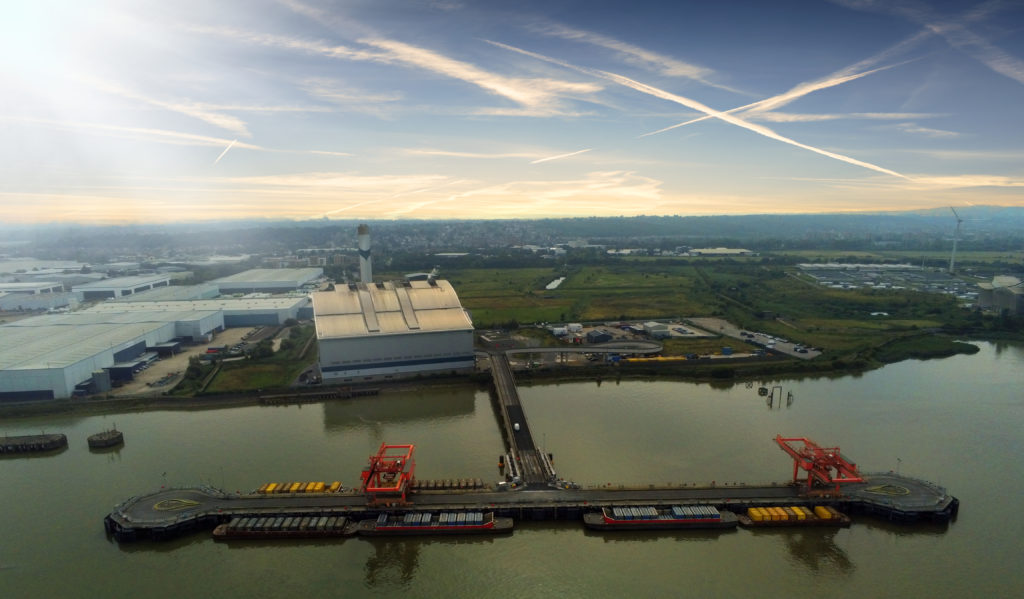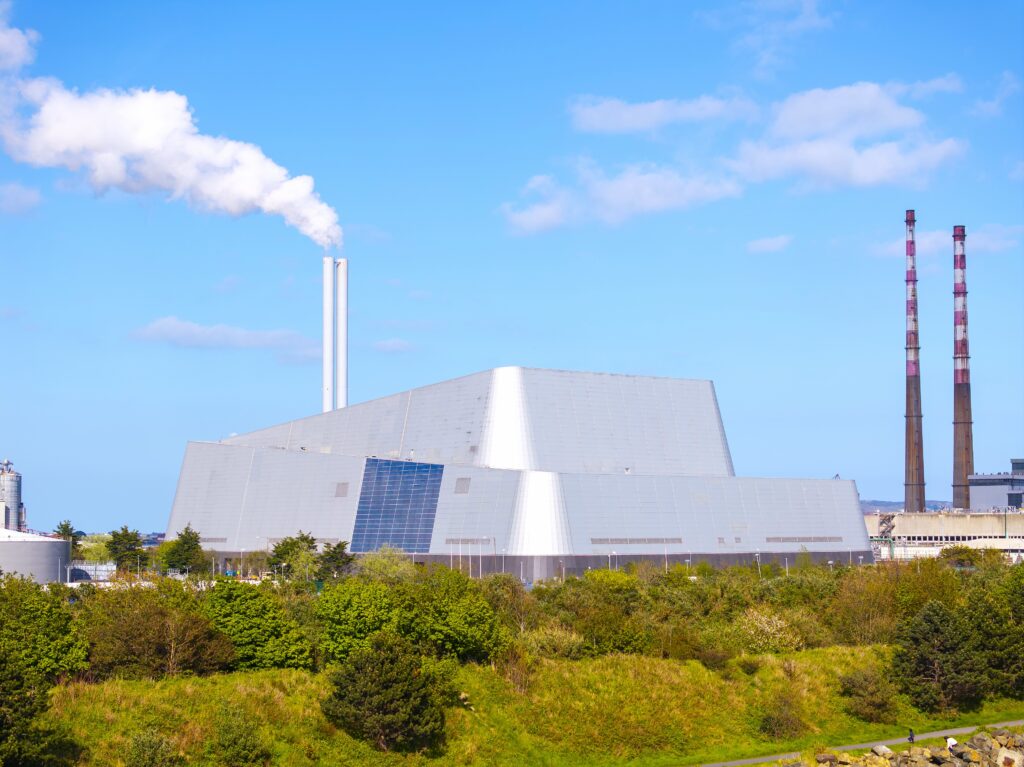Under the agreement, Danske Commodities will provide balancing, asset optimisation and route-to-market for Cory’s Riverside 1 energy from waste (EfW) facility.
A PPA is an agreement between an electricity generator and the one looking to purchase it. It defines the commercial terms for the sale of electricity between the two parties.
Cory said it receives around 750,000 tonnes of non-recyclable waste per year, which is diverted from landfill at its EfW plant.
Danske Commodities is a Danish company, which connects producers and large-scale consumers to wholesale energy markets. In 2019, it was acquired by a Norwegian state-owned multinational company Equinor, which is also behind a carbon capture project Cory joined last month (see letsrecycle.com story).
UK
The deal marks the first EfW PPA for Danske Commodities. Active in the British power market since 2009, the trading company has provided energy market services to energy generation assets such as wind turbines and combines heat and power plants (CHPs).
The company said that it currently has 7 GW of power generation assets under management in Europe.
Tor Mosegaard, VP, head of European power trading at Danske Commodities, said: “Cory has an ambition to eliminate waste from waste and we are proud that our solutions and professional approach made Cory choose Danske Commodities as its PPA partner. Energy from waste is a win-win – it is a sustainable way to manage non-recyclable waste and it generates energy, which we need now more than ever.”
PPA
PPA allows long-term fixed costs for the buyer and enables them to indirectly fund a renewable project, which they can receive ‘green attributes’ for. Such agreements are usually signed for a longer-term period of 10 to 20 years.
Ben Butler, Cory’s chief financial officer, said: “As one of the UK’s leading waste management and recycling companies, we are constantly looking to optimise our energy production from non-recyclable waste.
Signing a power purchase agreement with an experienced trading company like Danske Commodities provides us with access to the energy market and decreases our liquidity risk.”










Subscribe for free